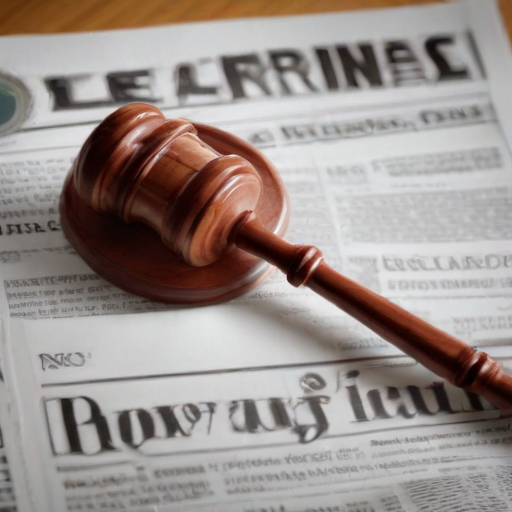Cleveland Mayor Justin Bibb has sent a letter to Cleveland Browns owners, Jimmy and Dee Haslam, warning of potential legal action if the team does not comply with Ohio’s “Art Modell law.” According to Bibb, this law mandates that any Ohio-based professional team that utilizes a publicly funded facility and seeks to relocate must first offer the team for sale to the city or local buyers. The Browns have until January 9 to respond to the mayor’s demands or they may face unspecified legal repercussions, including the possibility of the city seeking a court injunction to halt the team’s relocation plans.
This letter marks a significant escalation in tensions between the city and the Browns, who are exploring options for a new stadium project in Brook Park, located about 15 miles outside of Cleveland. The team is under a lease agreement to continue playing at Huntington Bank Field (HBF) until at least the end of the 2028 season, but are considering a move thereafter.
In October, the Browns initiated legal action against the city of Cleveland, arguing that the Modell Law is unconstitutional in several ways. The law was established after the original Browns franchise relocated to Baltimore in 1995, aiming to prevent future relocations from Ohio. Key points of contention in the Browns’ lawsuit include the law’s vagueness about what constitutes a relocation, the timeline for providing notice, constitutional issues surrounding interstate commerce, and potential discrimination against non-Ohio residents wishing to purchase the franchise.
In response to Mayor Bibb’s letter, Peter John-Baptiste, the chief communications officer for Haslam Sports Group, stated that the Browns are reviewing the mayor’s correspondence and reiterated their commitment to fulfilling lease obligations while exploring solutions for a new stadium that they believe will benefit the Cleveland area economically.
The situation remains fluid, with both sides preparing for a potential legal battle. The matter underscores the complexities of professional sports contracts and the relationship between city governance and sports franchises, particularly as communities aim to retain sports teams that are a source of local pride.
In summary, Cleveland’s ongoing struggle to retain the Browns amid proposed relocations highlights the importance of local governance in professional sports. As residents engage in discussions about the future of their beloved team, there remains hope that a resolution can be reached that serves the interests of all parties involved, possibly leading to a revitalized sports experience in the city.
It’s a reminder of the community’s dedication to keeping its professional sports teams at home, and the importance of maintaining open dialogue between city officials and team owners. With concerted efforts and collaboration, a positive outcome may be within reach.
